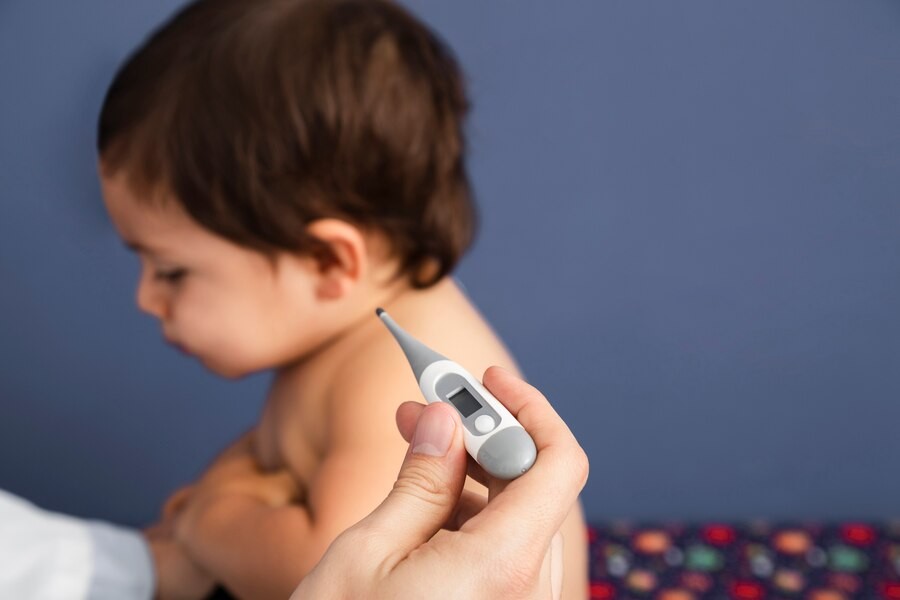An itchy throat is a disorder whereby the throat is irritated and causes discomfort during swallowing or talking. Most of the time, this is not a problematic situation and can be avoided. Learn the factors that lead to an itchy throat and the steps you may take to avoid it.
Causes of itchy throat
Allergy
When you have an itchy throat, it could be because of an allergy. The immune system responds to allergens by producing molecules, such as histamine, which cause a number of symptoms, one of which is an itchy throat.
An itchy throat could be the result of an allergic reaction to pollen, dust, animal dander, specific foods, air pollution, cigarette smoke, or chemicals.
In addition to a burning feeling, swelling, coughing, sneezing, and a stuffy nose, other symptoms of allergies might include itching in the throat.
Viral and bacterial infections
Viral and bacterial infections are also frequently the cause of an itchy throat. Viral infections, including influenza, common colds, and even COVID-19, lead to inflammation of the mucous membranes in the throat, which causes soreness and itchiness. The duration of these symptoms might vary from a few days to a few weeks, depending on the specific virus and the strength of the immune system.
Infrequently, bacterial infections, such as Streptococcus, can induce significant inflammation of the throat, commonly referred to as strep throat. A bacterial infection-induced sore throat is frequently accompanied by symptoms including fever, swollen lymph nodes, intense throat pain, swallowing difficulties, and occasionally, vomiting, or a skin rash.
Dry air
The mucus membrane in the throat might become dry and irritated due to factors such as reduced humidity in the air, prolonged exposure to air conditioning, or dry winter air. This not only causes discomfort, but it also raises the chance of infection in the throat. This is due to the fact that the mucus that develops in the throat is responsible for supporting the body's defense against bacteria or viruses.
Digestive problems
The mucus membrane of the throat can become irritated due to certain gastrointestinal issues, including acid reflux and GERD. Common symptoms of this disease include an itchy throat, a burning feeling in the chest, regurgitation of stomach contents, chest pain, nausea, vomiting, and the return of food or drink to the esophagus.
Specific medications
If you are experiencing high blood pressure or heart disease, you may take a medicine from the angiotensin-converting enzyme (ACE) inhibitor class, which can induce side effects like an itchy throat. An itchy throat may occur after taking an ACE inhibitor orally.
As a side effect of cancer treatments or other therapies that use strong medications, such as chemotherapy, an itchy throat may occur. Informing your doctor about the symptoms you experience is important in order for the doctor to suggest an alternative prescription.
Say goodbye to itchy throat: how to treat it
Here are some actions you can take to prevent an itchy larynx, particularly due to seasonal allergies:
- Stay hydrated by drinking lots of water to soothe your throat
- To keep your sinuses and throat from becoming dry, avoid alcohol and caffeine
- Avoid smoking and other air pollutants that can irritate your throat and airways
- Washing your hands with soap and water can help lower your risk of getting colds, flu, and other infections that may make your throat sore.
- Close the windows during flower season or when there is a lot of smog to keep allergens and other harmful particles from coming into the room.
- If you know an allergic trigger for an itchy throat, stay away from the substance or surroundings that triggered it directly.
Itchy throats caused by allergies, viruses, or bacteria are less likely to occur if you follow these instructions. . In addition, a healthy lifestyle with balanced nutrition, frequent exercise, and proper sleep helps the immune system fight irritation and infection.If you have more questions about throat itching or irritation, you can either visit a doctor or make use of the consultation features that are available in the Ai Care application by downloading the Ai Care application from the App Store or Play Store.
Looking for more information about other diseases? Click here!
- dr. Alvidiani Agustina Damanik
Cristina Mutchler (2023). Why Your Throat Can Get Itchy—And How to Relieve It. Available from: https://www.health.com/itchy-throat-7068946
WebMD (2022). Remedies for an Itchy Throat. Available from: https://www.webmd.com/allergies/remedies-for-itchy-throat
Rachel Nall, MSN, CRNA (2019). Everything You Need to Know About Throat Irritation. Available from: https://www.healthline.com/health/itchy-throat
Cleveland Clinic (2023). Allergic Rhinitis (Hay Fever). Available from: https://my.clevelandclinic.org/health/diseases/8622-allergic-rhinitis-hay-fever
Karthik Kumar, MBBS. How Do I Know If My Sore Throat Is Viral or Bacterial?. Available from: https://www.medicinenet.com/how_do_i_know_my_sore_throat_is_viral_or_bacterial/article.htm
Rebecca Joy Stanborough, MFA (2020). 8 Ways Dry Air Can Affect Your Health. Available from: https://www.healthline.com/health/dry-air
David Railton (2023). Sore throat and acid reflux: What is the link?. Available from: https://www.medicalnewstoday.com/articles/315066











